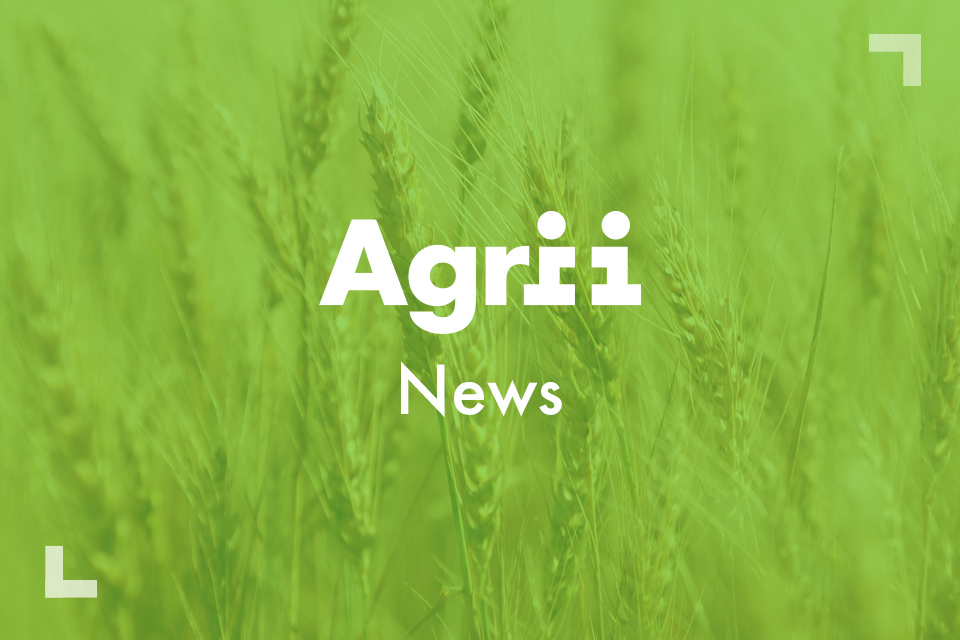Farmers are increasingly being asked to provide for pollinators.
Here we provide some basic facts that will improve both your knowledge and understanding of bees and their vital role as pollinators upon which much of the world’s food depends.



How do bees carry pollen?
When it comes to pollination this is a key factor.
The red arrows on the images above point to balls of wet pollen on honey and bumble but dry pollen on the solitary bee.
It is estimated that wet pollen is less than 20% viable for pollination purposes while dry may be around 80% viable.
When are bees active?
Depending on the species and the weather, bees are active from mid March to September.
What flower should I plant for bees?
Plant as many different shapes, colours and sizes as reasonably possible. This is because bees have a variety of tongue lengths and shapes.
Long-tongued bees such as Bombus hortorum (small garden bumblebee) has a tongue that is three quarters its body length so may be 15mm long, while some of the small solitaries Andrena minutuloides have a very small tongue of about 1mm.
What is pollen?
Pollen is produced on the anthers (male flower organs) and is essentially protein used to build up the queen and feed the developing young.
What is nectar?
Nectar is essentially sugar and provides energy – flying fuel.
When should flowers be available?
Ideally March to September. It is difficult to buy flowers for early season (March to May) flowering, so bees are reliant on ‘wild ‘species such as Dandelion, Wintercress, Cowslip and Primrose or tree species such as Hawthorn, Goat Willow, Blackthorn and Field Maple.
Mid and late season (June to September) flowers can be purchased as a variety of commercially available mixes.

Join Our Community

Agrii X
We love engaging with clients and partners. Give us a follow and let's share stories for the community.

Agrii Instagram
A picture paints a thousand words. Follow us on Instagram to see what we are up to.

Agrii Facebook
Follow us on the worlds biggest social media site for the latest news and events straight to your feed.

Agrii LinkedIn
If you are all about the business, connect with us on LinkedIn to build your network
Stay In Touch

Newsletter Sign-Up
Receive email updates on topical news and information from around Agrii and UK Farming.

Listen To Our Podcasts
Listen to the Tramlines Podcast. Fortnightly chat about agriculture and trials with your host Tony Smith.

Agrii Insights
Read essential agri intelligence for profitable farming.

Find an Event
Join us for our upcoming events and tours.
Featured News
News - 17/12/24
Agrii’s new glasshouse facilities to promote better research
News - 12/12/24
From Soya to Sustainability
News - 04/12/24
The Importance of Soil Health in Sustainable Farming
News - 02/12/24
PRF1: Unlocking Payments through Precision Applications
News - 28/11/24
Living Up to SFI and Its Actions: An Agrii Perspective
From the fields
Get Growing
Find leading products for all your crop, livestock, and equipment needs

How to Optimise Late-Drilled Wheat Crops

SFI SAM3 Herbal Leys
Find the right SFI legume and herbal ley for your farm system

Find out more about Fruit
Dedicated horticulture and viticulture teams to help you manage your crops

Grassland to repair? Discover your options
Discover our range of grass seeds

Find out more about Hybrid Rye Crops
Growing wholecrop for AD or grain for livestock we have varieties and advice to help you grow

Find out more about Root Crops
A broad range of Root Crops for home-grown forage

Find out more about Potato crops
We have deep expertise in potato crop management

Find out more about Environmental Mixtures
Need ground cover, bird seed and wildflower mixtures? We've got you covered

Find out more about OSR
Robust varieties and crop management advice

Growing Winter cereals? Find out more here
See our range of researched Winter Cereal crops for your rotation

Find out more about growing Vegetables
Specialist agronomy and solutions for high value crops

Find out more about Innovation Crops
Options for profitable opportunities in your rotation




